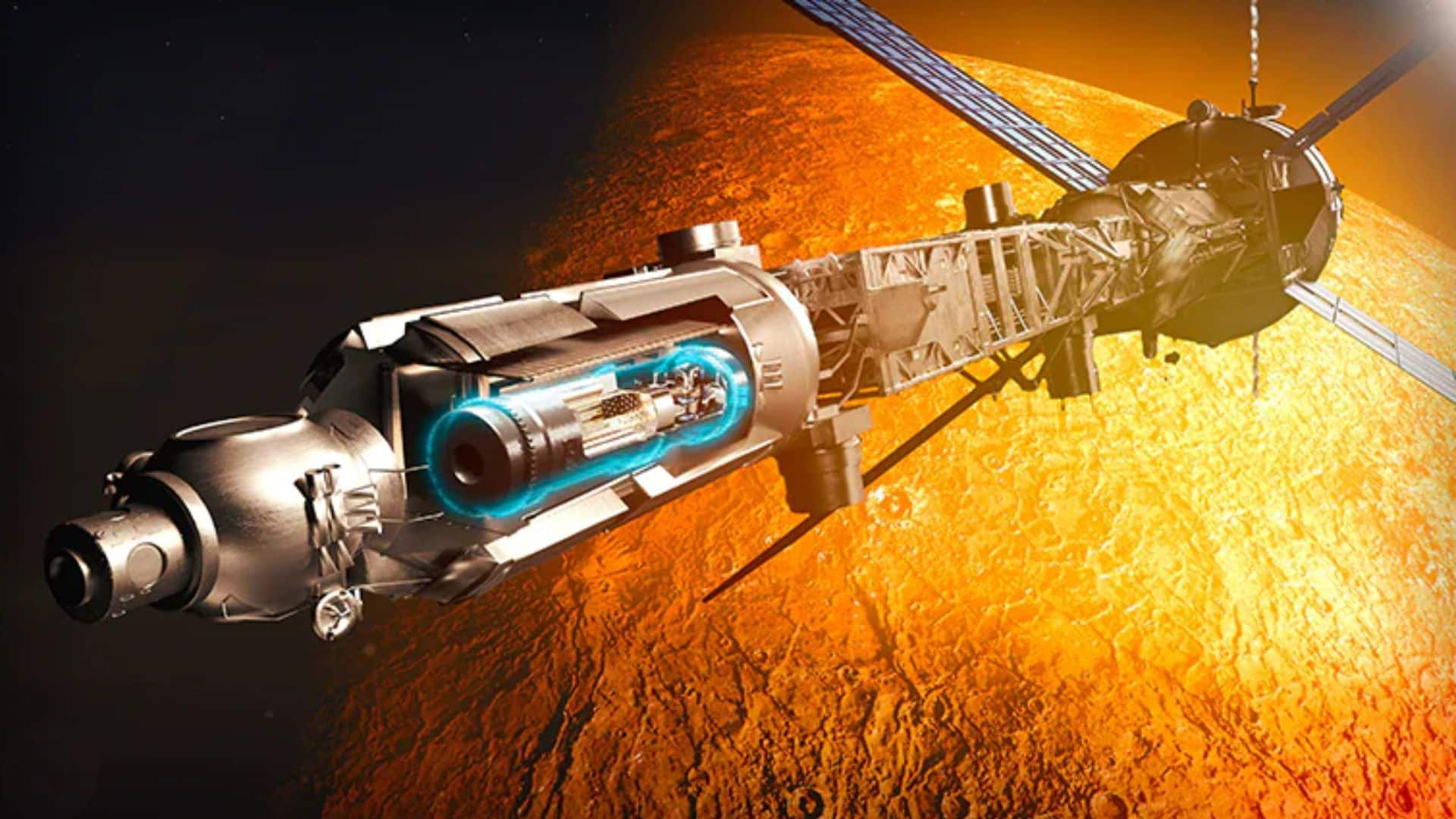
Rolls-Royce receives additional $6M funding for developing space nuclear reactor
What's the story
Rolls-Royce has secured additional funding from the United Kingdom Space Agency (UKSA) to further develop its space nuclear power technology. The $6.2 million award, granted under the National Space Innovation Program (NSIP), will assist in advancing key technologies of the space nuclear micro-reactor. The total project cost is estimated at $11.7 million, with the aim of bringing the reactor closer to a full system space flight demonstration.
Academic partnership
Collaboration with universities to develop key technologies
Rolls-Royce plans to develop the entire system design, underlying capabilities, and key technologies in collaboration with academic partners. The University of Oxford and Bangor University have been enlisted for this project. This initiative is aimed at meeting the demand for a reliable power supply in space, which could allow for long-term exploration on the Moon and beyond.
Space micro-reactor
Prototype unveiled for lunar settlement power supply
Rolls-Royce had previously unveiled a conceptual model design of a nuclear Space Micro-Reactor that could potentially supply electricity for a lunar settlement. This prototype was presented at the UK Space Conference held in Belfast last year. The small and lightweight nuclear reactor, measuring 3.3 feet in width and 10 feet in length, could provide a solution for power supply issues on the south side of the Moon where sunlight is unavailable.
Investment history
Previous investments and future expectations for the project
This latest investment follows an earlier announcement of $1.5 million awarded to Rolls-Royce from UKSA in April this year, under Phase 2 of the International Bi-Lateral Fund. Prior to this, $3.7 million was awarded in 2023 under the Lunar Surface Nuclear Power Contract and Phase 1 of the IBF project. Jake Thompson, Director of Novel Nuclear & Special Projects at Rolls-Royce, stated that this funding is a "pivotal point" in their Micro-Reactor program and will "accelerate our technology progression."